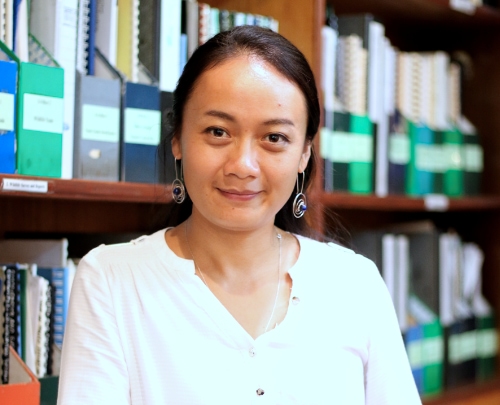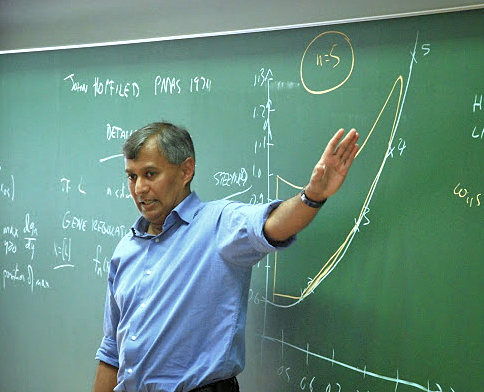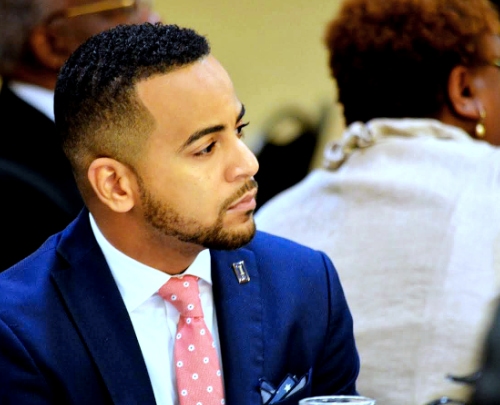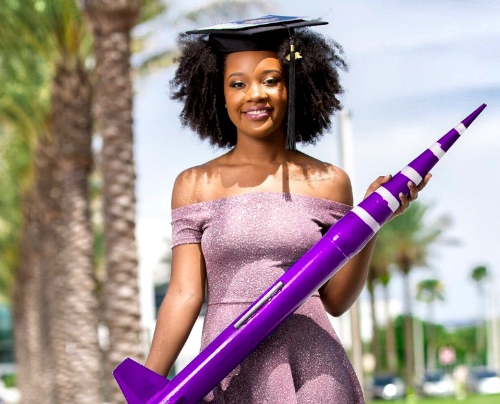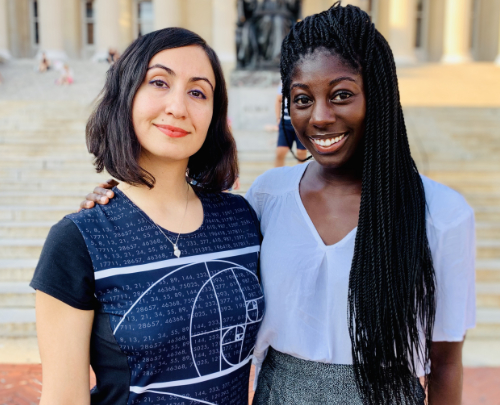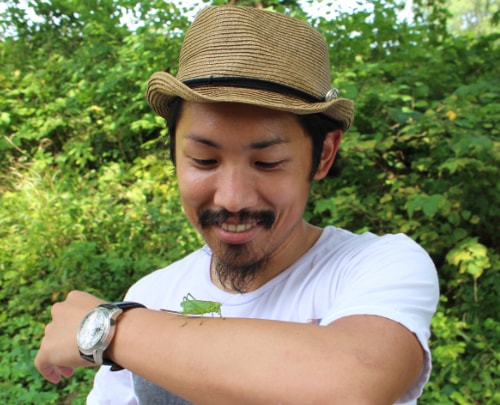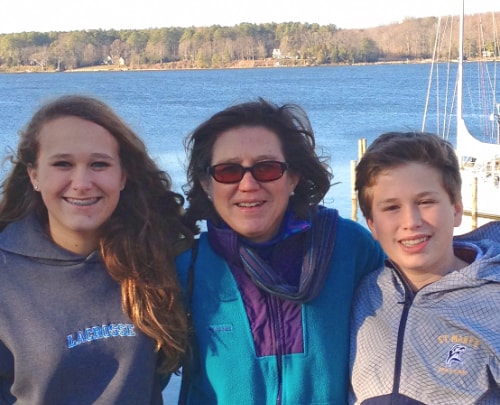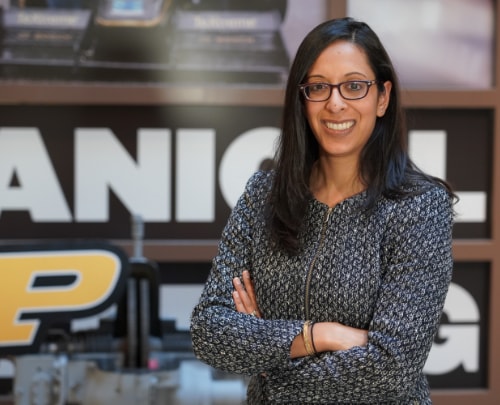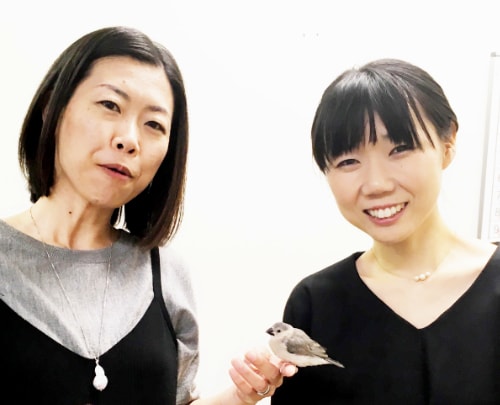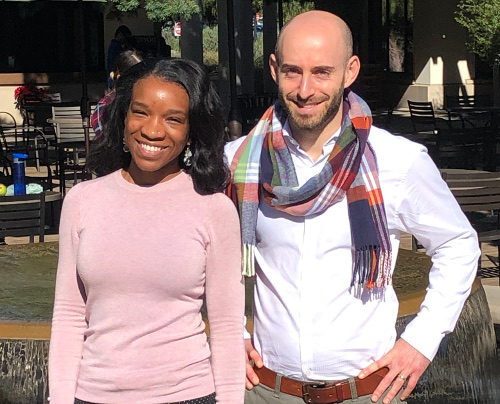14
Apr 2020
Are wild tigers now extinct in Laos? In episode 72, Akchousanh "Akchou" Rasphone from Oxford's Wildlife Conservation Research Unit discusses her research which concludes that improvised snares appear to have decimated the country's wild tiger population, a species whose worldwide population is now......
17
Mar 2020
Can even a single-celled organism truly learn? In Episode 70, Jeremy Gunawardena with the Department of Systems Biology at Harvard Medical School talks with us about his replication of an experiment originally conducted over a century ago, which suggested that at least one single-cell organism - t......
18
Feb 2020
What factors best predict success at college among youth formerly in foster care? In Episode 68, Royel Johnson from Pennsylvania State University's Department of Education Policy Studies discusses systematic literature review of research on the college success of this historically underserved popu...
20
Aug 2019
How can a satellite the size of a loaf of bread take the heat of operating in the extreme conditions existing in space without overheating? In episode 56, we're joined by Naia Butler-Craig from the Georgia Institute of Technology to discuss her open access article “An investigation of the system a...
23
Jul 2019
Can communication across networks of people be optimized to share information, while at the same time lessening the likelihood of information bubbles and echo chambers? In Episode 54, we're joined by Ida Momennejad and Ajua Duker from Columbia University and Yale University, respectively, to discu......
28
May 2019
When in Rome, should you really do as the Romans do? In episode 50, Wataru Toyokawa from the University of Konstanz in Germany discusses how observing and imitating others in crowds can at times enhance collective ‘wisdom’ ... while other times it can lead to collective ‘madness.’ His article, "So...
14
May 2019
Why are less-than-college-educated White men in the US so much less happy and more desperate than their international counterparts? In episode 49, Carol Graham from the Brookings Institution and the University of Maryland talks with us about her research into why younger out-of-work men in the Uni......
2
Apr 2019
Might enabling computational aids to "self-correct" when they’re out of sync with people be a path toward their exhibition of recognizably intelligent behavior? In episode 46, Neera Jain from Purdue University discusses in her experiments into monitoring our trust in AI's abilities so as to drive ...
5
Feb 2019
Could birds' courting behaviors change when they're being watched? In episode 42, Masayo Soma from Hokkaido University discusses her research into monogamous songbirds which intensify their singing and dancing during courtship rituals – but only while in the presence of an audience of other birds....
9
Jan 2019
Can cognitive biases and heuristics regarding race influence U.S. Supreme Court decisions? In episode 40, Jonathan Feingold and Evelyn Carter from the University of California, Los Angeles (UCLA) discuss the sometimes selective use of social science research by U.S. Supreme Court Chief Justice Wil...

